
A new phase 3 trial recently started for the novel treatment troriluzole.

A new phase 3 trial recently started for the novel treatment troriluzole.
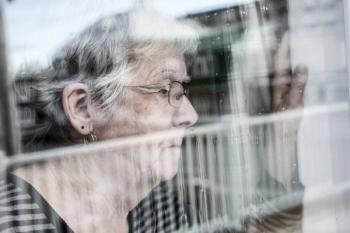
A new treatment for hallucinations and delusions in individuals with Alzheimer disease may be on the horizon.
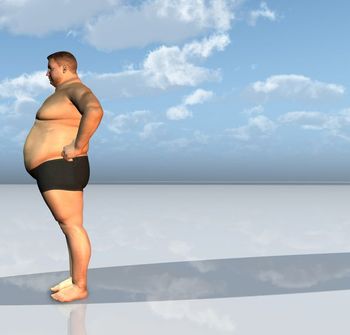
Evidence suggests that physical activity aids in alleviating mild to moderate symptoms of depression in patients and may promote clinically significant antidepressant effects.

The period following arrest can be particularly dangerous, both in custody and in the community.

For many patients, the most painful part of bipolar disorder is the loss of control over their own mind.
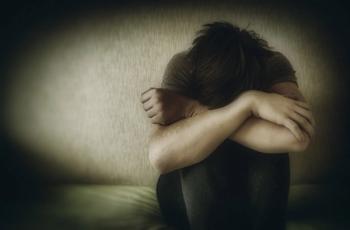
Lessons from the opioid epidemic should be applied to cases of methamphetamine abuse.
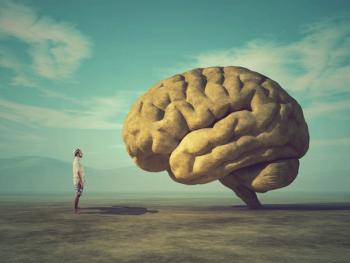
In psychiatry, 2 patients with the same condition are never the same.
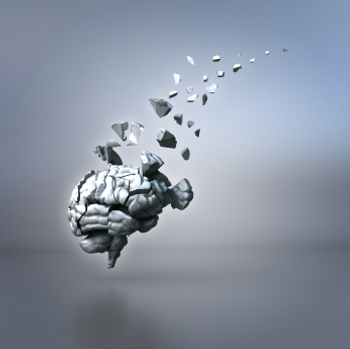
New developments in Alzheimer disease treatment and research.
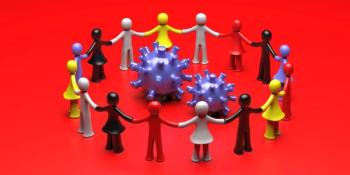
Schools need to be at the heart of our response to the COVID-19 mental health crisis.

Psychiatrists often disclose as little about themselves as possible. But these memoirists break the mold.

Blade tips catch and knees kiss ice, my eyes searching for the one skater in every crowd who glides graceful as a god,
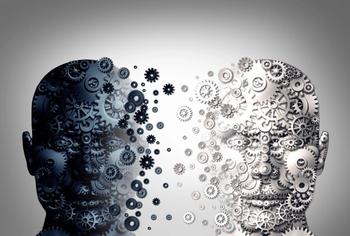
Eastern and Western approaches both agree and come into conflict.
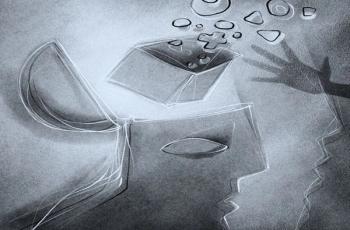
This article provides a summary of key points discussed in a Case-Based Psych Perspectives Series, shared by Bryce Reynolds, MD, and Hannah Phillips-Hall, MSN, PMHNP-BC.

Although normally associated with children, attention-deficit/hyperactivity disorder can also persist in adulthood, presenting challenges to both patients and clinicians.

The anatomy of unhappiness is more complex than DSM-5’s categories.

Navigating the treatment options for comorbid schizophrenia and alcohol use

VistaGen Therapeutic’s grant application for PH10, an investigational therapeutic agent for the treatment of depression, has been approved.
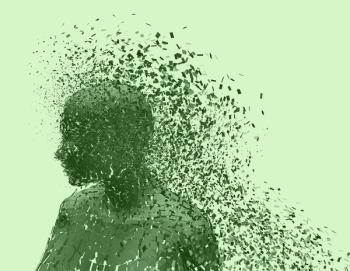
Findings bring us closer to understanding schizophrenia that may enable clinicians to target symptoms.
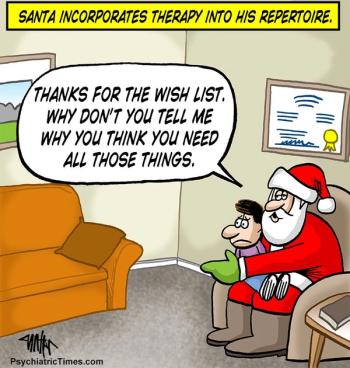
A therapeutic approach to the holiday wish list.
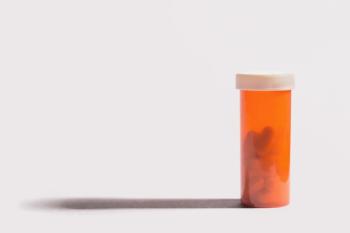
Sildenafil and trazodone were inadvertently bottled together, posing serious health risks to consumers.
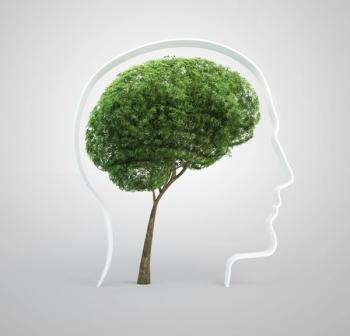
From disasters and social disruptions to existential concerns, climate distress groups may not only provide much-needed support to patients but may also help psychiatry’s public health responses.

Matters around child-bearing bring up emotions ranging from joy and elation to profound despair, anger, and resentment. Psychiatrists are trained to recognize such issues.

Strategies for educating patients on COVID-19 transmission and epidemiology, as well as dispelling myths

Axsome Therapeutics released details from their COMET-SI trial for AXS-05, an oral investigational NMDA receptor.

The field of psychiatry is uniquely suited to address the psychological factors associated with the past year (and what lies ahead).

Karuna Therapeutics shared exciting results from a Phase 2 trial on their lead agent.

Children with autism spectrum disorder have special educational needs, but with proper guidance they can flourish, even during a pandemic.
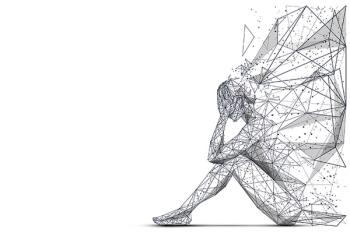
As typically happens in the aftermath of suicide—years or even decades later—we wonder what we could have said or should have seen.

A new study by The Trevor Project finds that welcoming environments can reduce suicide risk.

On the international community psychiatrist.